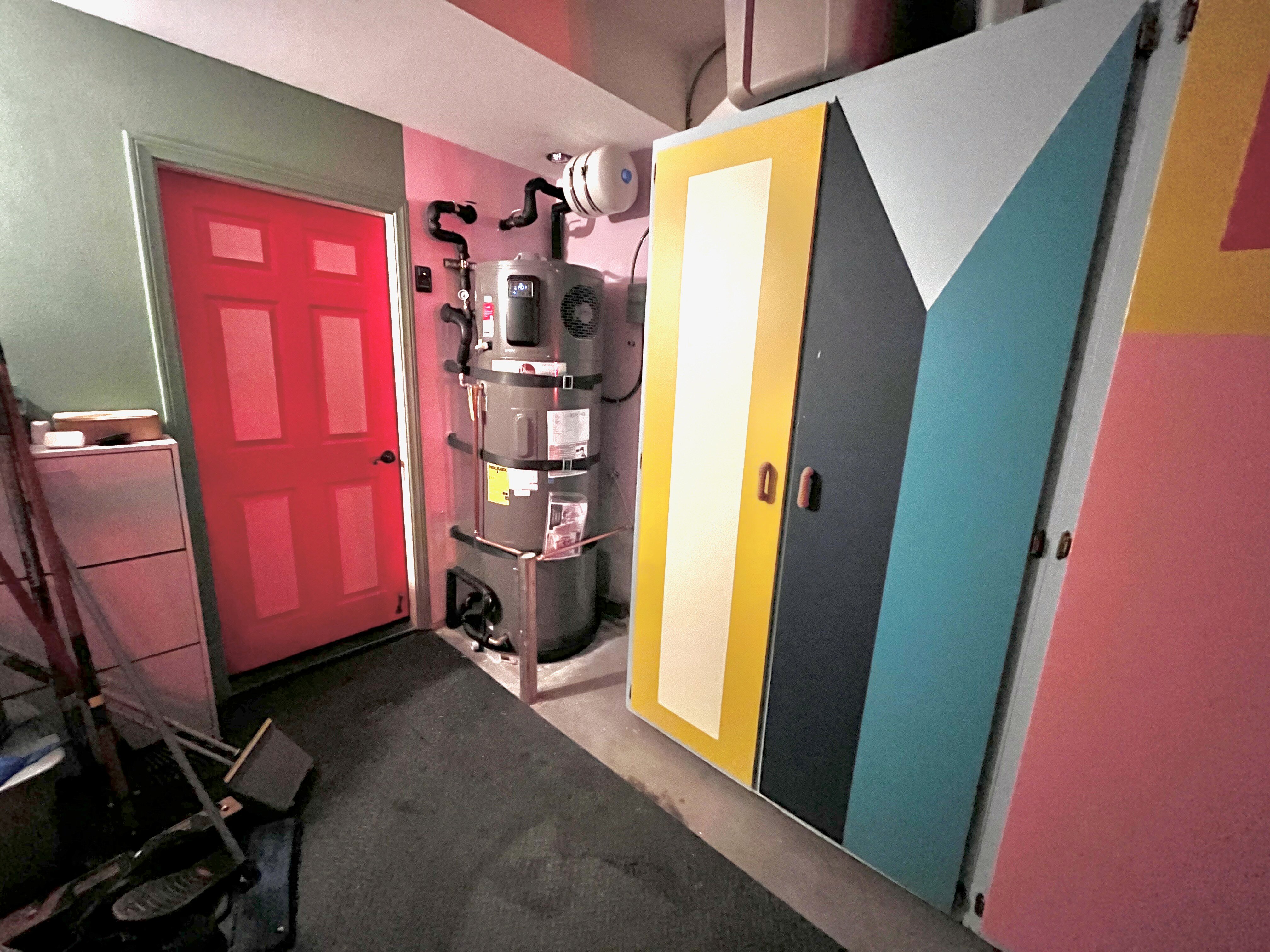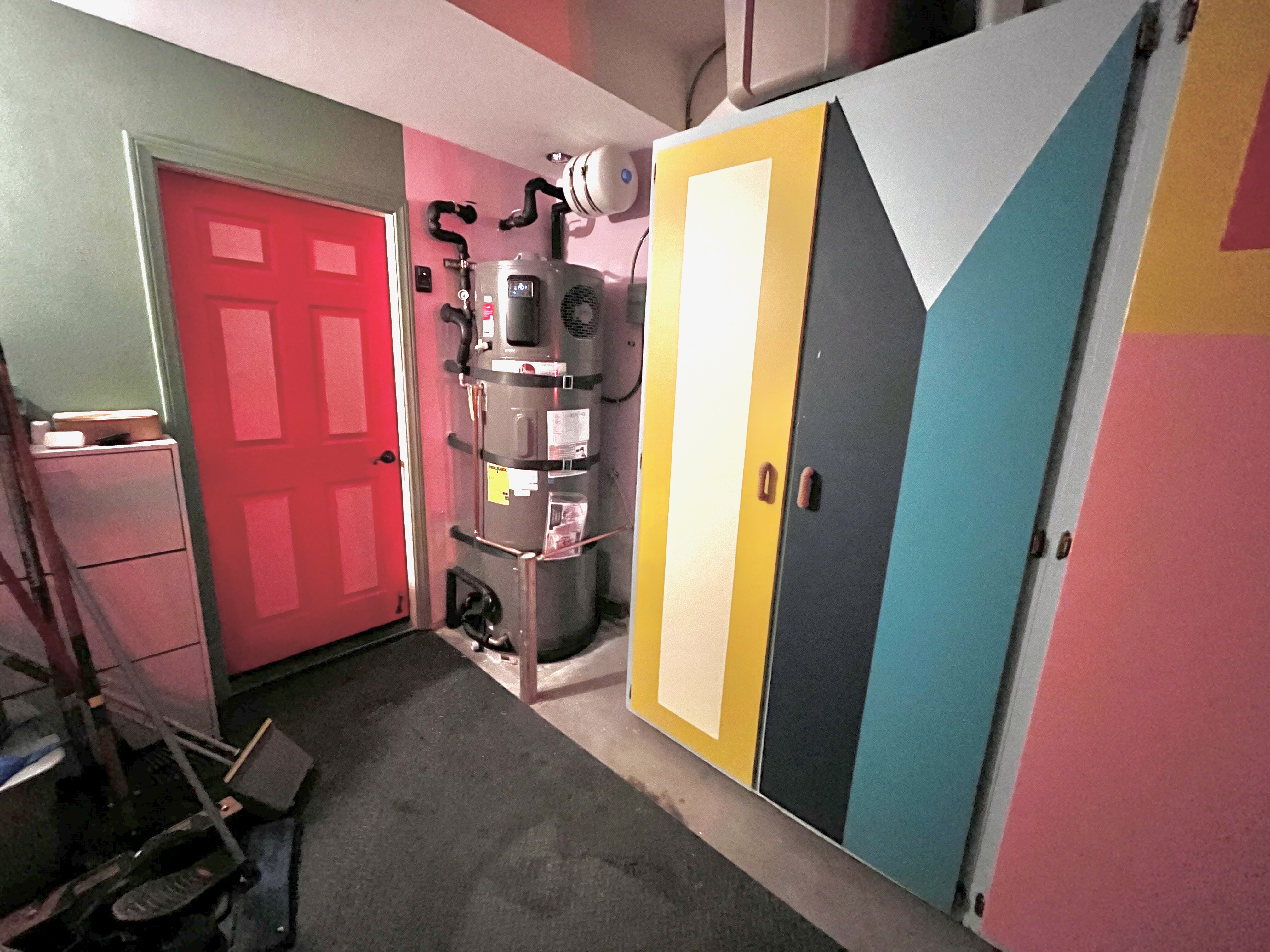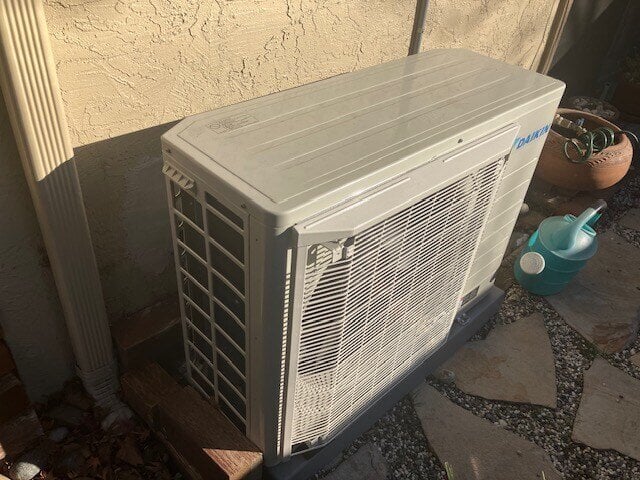Heat Pumps: The Best Way to Convert from Gas to Electric Heat
Are you using a gas furnace? It's time to think about making a switch. Gas furnaces are not the most efficient way to heat homes, not to mention the issues they can cause for your health and the environment. Converting from a costly gas heater to a heat pump can also save money on electricity costs during the winter.
Let's explore the benefits of converting from natural gas to electric heat, how to heat your home without natural gas, and dispel some of the myths about electric heat pumps.
Why Are Heat Pumps the Best Option?
A heat pump is an electric heating system that can heat and cool your home. It works by moving air from one place to another instead of generating heat directly. Heat pumps are incredibly efficient because they can move heat even in very cold temperatures and require less electricity than traditional heating systems. Whether you use an air source (uses outside air) or geothermal heat pump (uses underground air), you will quickly see benefits.
Your Home Will Feel More Comfortable
When you switch to electric heat with a high-performance air source heat pump, your home will have a consistently even temperature throughout. Heat pumps filter the air, reducing the amount of allergens, humidity, and dust in your home. There is also no risk of carbon monoxide poisoning or gas leaks. With heat pumps, there is no risk of explosion or carbon monoxide poisoning. In addition, your home will enjoy more consistent heat during the winter. Heat pumps do not turn on and off like a gas furnace. Instead, they continuously circulate warm air throughout your home and operate silently.
Heat Pumps Are More Cost-Efficient
You can install an air-source heat pump in any home, and it is a flexible, customizable heating system option. You do not need existing ductwork to install it, and it can help you save money on energy bills. According to estimates, up to 30% of the heat you pay for is lost through duct leaks.
Heat pumps allow you to upgrade both your heating and cooling systems at once. When you switch to an electric heat pump, you're getting the best and most energy-efficient air heating and cooling system on the market.
Conversion costs can vary depending on your location, the size of your home, and the specific heat pump you choose. However, in most cases, the long-term energy savings will more than make up for the initial cost.
Heat Pumps Are Better for the Environment
Because heat pumps don't require fossil fuels to operate, you can keep your house cool while not contributing to carbon emissions. Therefore, electric heating can be better for the environment, especially when paired with renewable energy.
Converting from gas to electric heat is a smart move for your budget, and a heat pump is the best way to make the switch. With a heat pump, you'll enjoy better comfort, better air quality, and a more sustainable way to heat your home.
Debunking Heat Pump Myths
While electric heating was previously not as efficient, modern cold-climate heat pumps are designed to make the most of the electricity they consume, keeping you warm throughout the winter season. We've debunked some of the myths surrounding electric heat pumps.
Myth #1: Heat pumps need a gas heat backup system.
This is a popular misconception. Modern-day cold-climate heat pumps are effective in transferring heat from the atmosphere into your home, even in below-zero temperatures. The majority of American homes don't require a backup heating system, particularly if they're equipped with efficient heat pumps. Unless you are in an extremely cold area that rarely gets above freezing, you won't need a backup system.
Myth #2: Heat pumps can't handle cold temperatures.
In the past, heat pumps struggled to keep up when temperatures dropped below freezing. However, electric air-source heat pumps can operate effectively even during cold winter nights. They're the top-selling heating system in countries like Norway, Switzerland, and Finland, which experience extremely cold winters. Heat pumps have repeatedly beaten the allegations that they don't work in cold temperatures. The Center for Energy and Environment tested heat pumps in frigid Minnesota and they worked well without causing higher energy costs at sub-zero temperatures.
Myth #3: Heat pumps are too expensive to install.
In the long run, heat pumps are likely a better investment. With proper insulation and upgrades, you can use a heat pump to reduce your energy use by up to 50%. While heat pumps can be more expensive to install upfront than gas furnaces due to their dual function of heating and cooling, many homeowners are eligible for energy upgrade rebates.
The cost of converting from natural gas heat to electric will depend on various factors, such as the size of your home, installation costs in your area, ductwork requirements, local permitting costs, and the type of air-source heat pump needed. Switching from gas heating to an electric heat pump is a substantial upfront investment but a worthwhile long-term investment.
How Fast Is Heat Pump Installation?
While the initial costs can be significant, most homeowners can easily make the switch to an electric heat pump with the help of a professional installation. It's crucial to have a licensed technician handle the installation, as working with gas lines and connections is a specialized skill. Fortunately, electric heat pumps can be seamlessly integrated into your home's existing electrical system. Only older homes possibly require an electrical wiring or electric panel upgrade. Additional federal and state rebates and incentives may be available for this work if needed.
Your new electric heat pump will be installed by a certified technician within 3-5 days. If your home has ductwork in good condition, the heat pump can easily be incorporated into it. Alternatively, a ductless mini-split system can be installed. For maximum heat pump efficiency, it's advisable to weatherize your home with insulation and air sealing upgrades. These upgrades can usually be completed alongside the heat pump installation within 1-3 days.
Ready to get started? QuitCarbon can give you a free "Electrification Plan" that will detail how you can make your home more energy efficient. Once complete, we can put you in touch with trusted professionals who can install your new heat pump.



